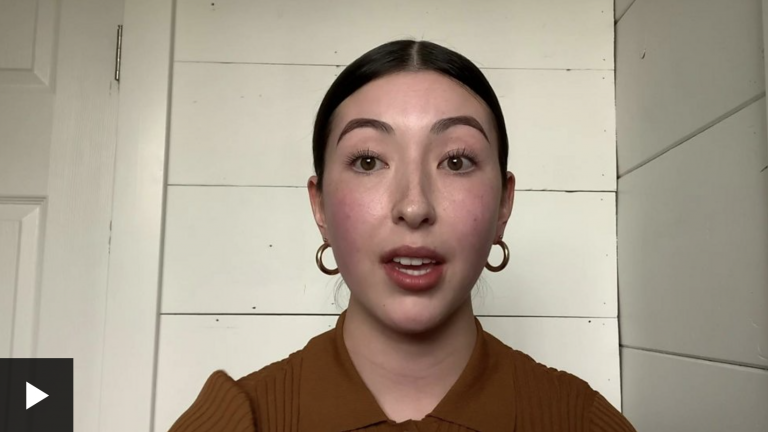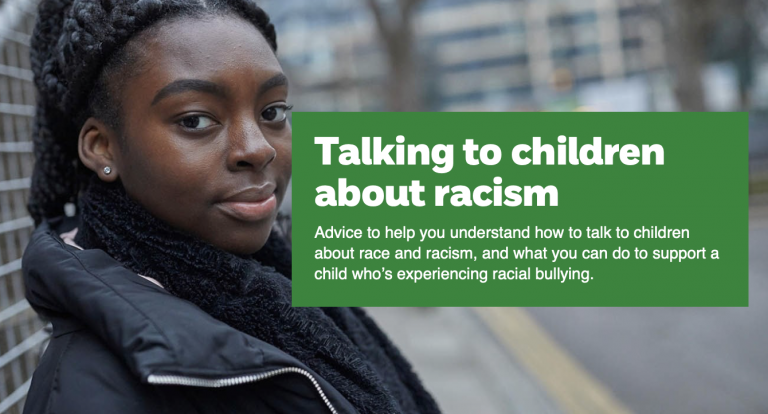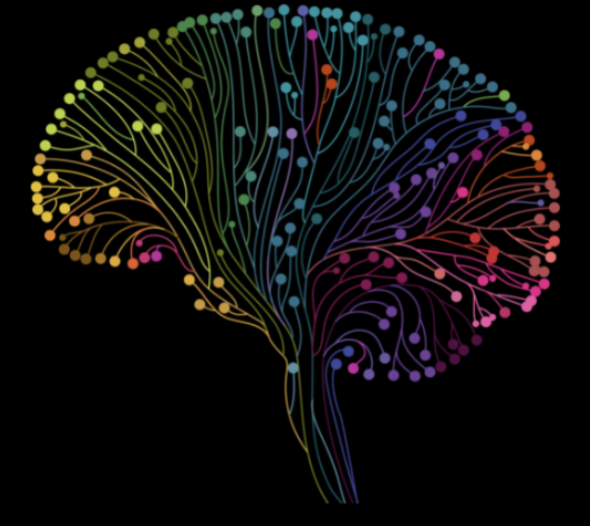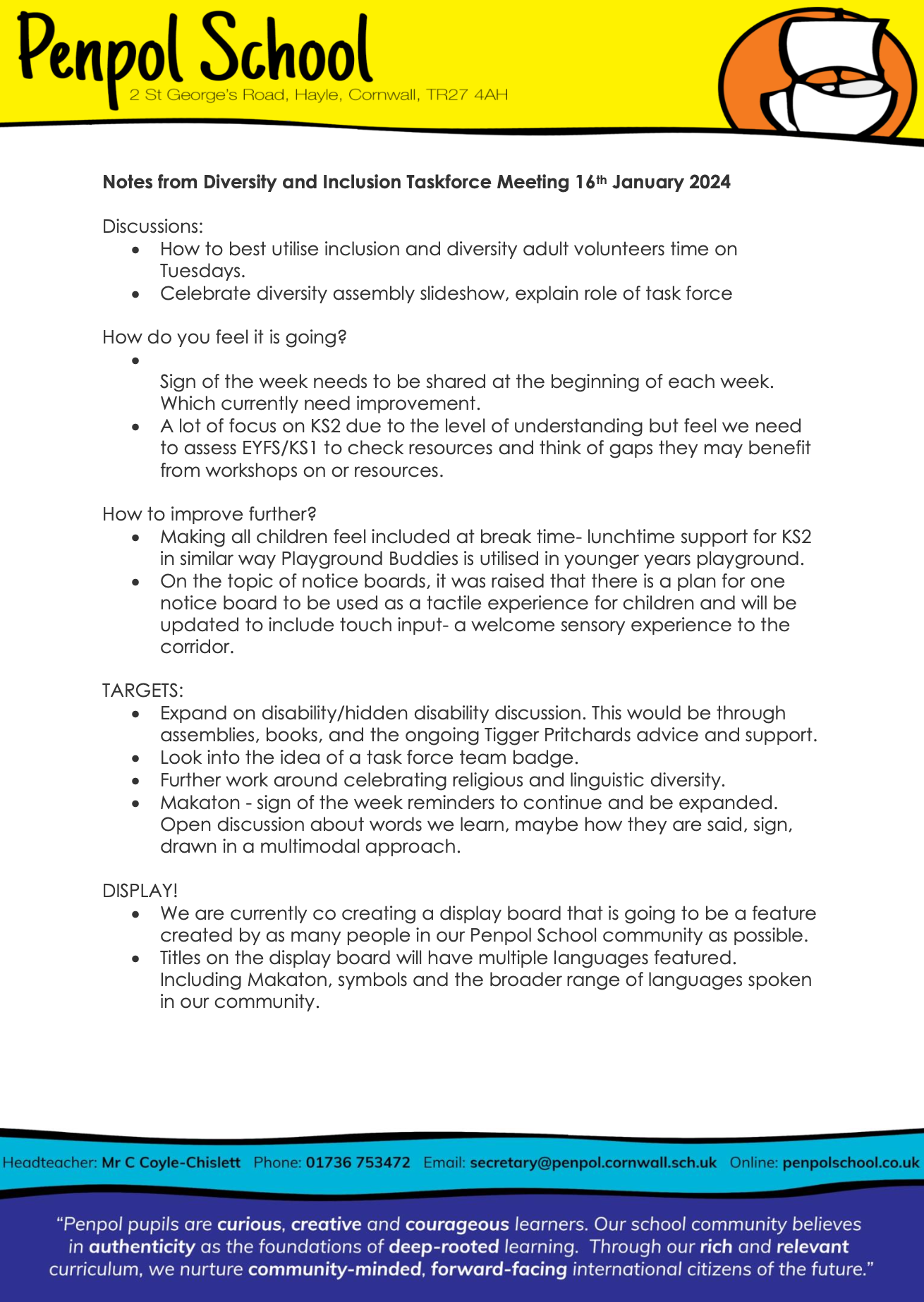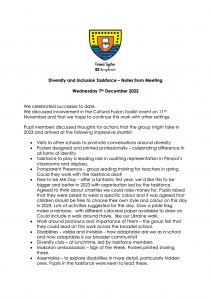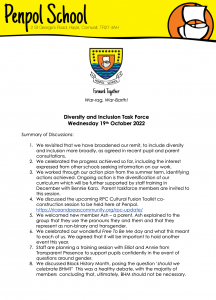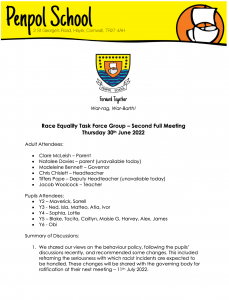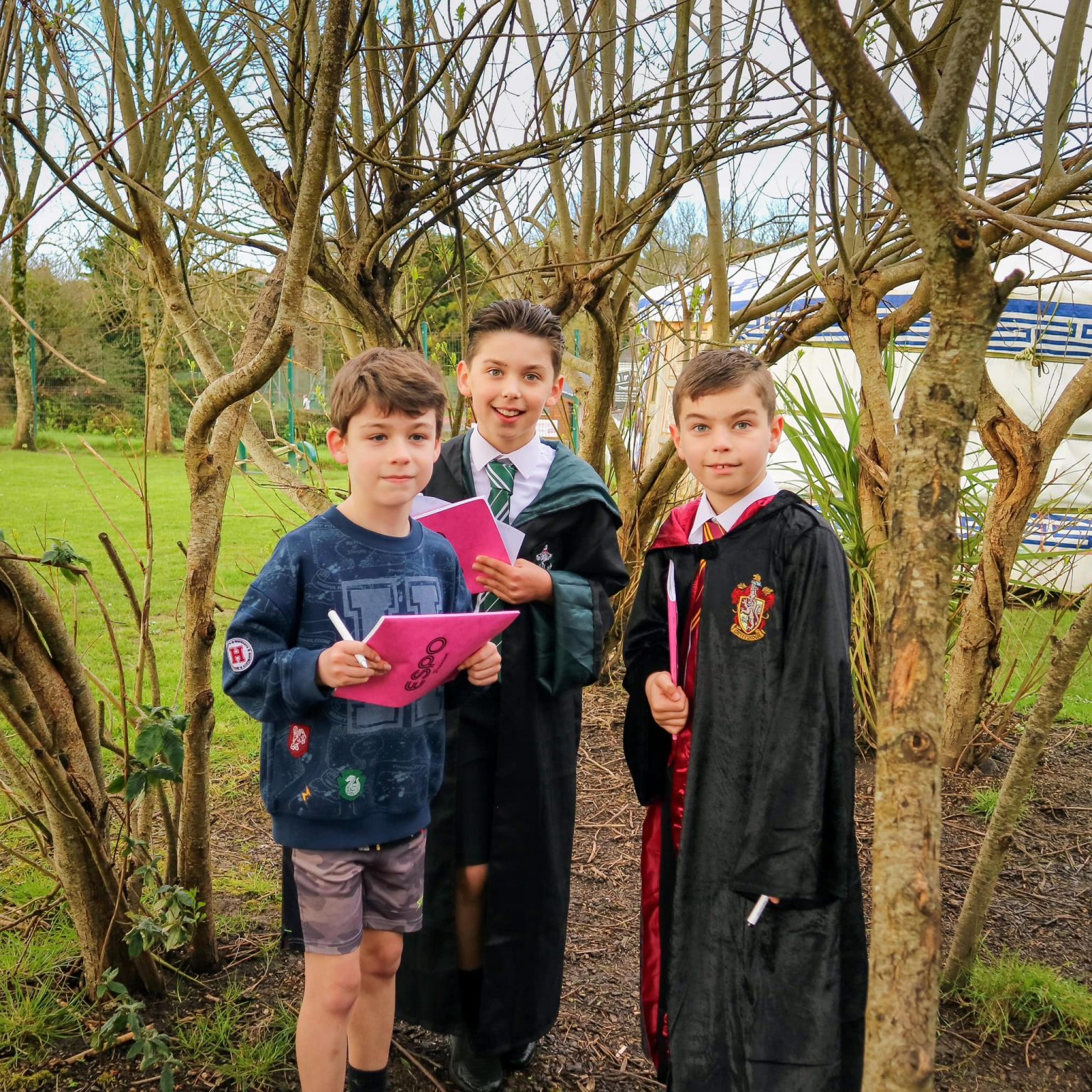
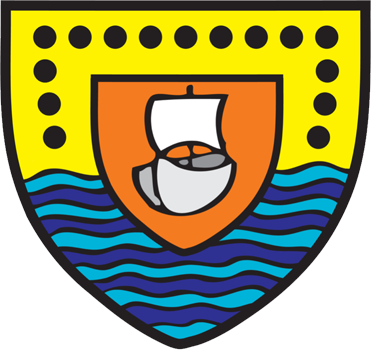
Diversity and Inclusion
Penpol School is a proudly inclusive community. We embrace the need for all of us to continue to grow and learn in order to build a truly fair and supportive society for all.
This section of our website provides a focal point for all school-wide work relating to diversity and inclusion and will be updated regularly with news, resources and ideas to explore at home.
Useful Resources to Support a Conversation at Home
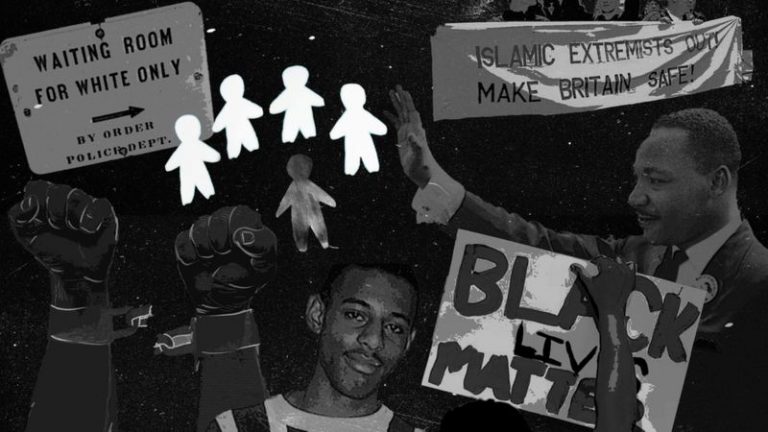
What is racism - and what can be done about it?
BBC Newsround

What is an ally?
BBC Newsround

Black British History
David Olusoga
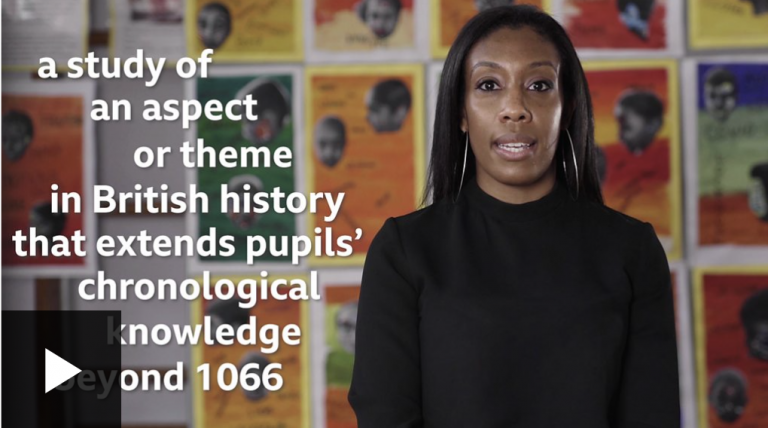
History KS2: Black British Stories
BBC Teach

What is the Windrush Generation?
BBC Newsround
Race and Equality Action Plan
In addition to our longer-term curriculum review, we have identified that there is particularly pressing work required to empower all stakeholders to talk positively, appropriately and confidently about race and identity without causing harm.
This action plan sets out this journey for the remainder of the summer 2022 term. From September onwards, this focus will continue through our Core Priorities and School Development Plan.
This is a working document and is open to the scrutiny and input of all. In particular, it will be closely monitored and updated by our Race Equality Task Force.
Related Links
Diversity and Inclusion Glossary
One thing which can hold us back from talking positively about diversity and inclusion is finding the right words to say. The following glossary is designed to support us all to talk with confidence about such issues, without the risk of harming others.
We look forward to expanding and adding to our glossary, working closely with our Race Equality Taskforce in the coming weeks. We would love to hear any thoughts you may have.
The acknowledgement that different people experience discrimination and oppression in different ways, taking into account different characteristics at risk of marginalisation.
Indirect, subtle or unintentional discrimination against members of a marginalised group.
A neurological difference. Autism, ADHD, Tourette’s and dyslexia are all examples of neurodivergence.
The diversity of brains and neurotypes.
The most commonly found brain type or neurotype.
Discomfort or defensiveness on the part of a white person when exposed to information about racial inequality.
Neurodiversity
We are proud of the neurodiversity represented in our school community. Many of our pupils, parents, carers and staff are autistic or neurodivergent.
We are particularly mindful that society is not yet as supportive for different neurotypes as it should be and see it as our duty to be a part of this change.
We are determined to empower our pupils to be proud of who they are, to be their authentic selves and to avoid the harmful effects of masking. If you or your child would like additional support in this area, please don’t hesitate to get in touch with our team.
We have compiled some useful resources and links below and are always keen to hear of more.

Amazing Things Happen!
YouTube

Can you make it to the end?
YouTube

Neurodiversity Hub
Parent Carers Cornwall
Recent Updates from Penpol
This page was last updated 4 weeks ago

